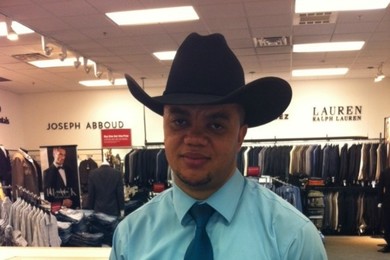
Only four years ago, it happened yet again. He was younger that I by two decades. Somehow that didn’t matter. His name was Tapfuma but everyone called him just Fuma. He was from Dete, Zimbabwe in Africa and was born on June 17, 1978, when I was already in college.
In 1997, he moved to Eau Claire, WI, to attend the University of Wisconsin-Eau Claire where he graduated with a degree in Business Administration. His mom and dad back home in Zimbabwe, Rose Soka and T.D. Joshua, were very proud of him. He was offered the job of store manager at the Men’s Warehouse in Eau Claire and worked there ever since. That was where I met him.
He was kind and he was generous. He was a comfort to those who knew him. He would ask about your health and he meant it. He knew that we were not from Wisconsin and he worried about us being warm enough.
We chatted about baseball and music and other things. We kept talking about going to catch a baseball game between the Twins (his team) and the Orioles (my team). We never got to do it.
I liked making him laugh and he had a great chortling laugh. His voice was rich and he had a charming smile. He liked making people look good and he always carved out time for those he loved. It was always a treat to be able to see him and spent even just a few minutes in his company.
He lived in Altoona with his adorable daughter Gabriella, whom he called Ella—after Ella Fitzgerald. He took her fishing and taught her to play basketball and she was good. The both of them studied karate and he said that, at only 8 years old, she was better than he was. She was always on his mind. She was his joy.
He carried a serious expression but he was full of a gleeful kind of happiness. He made friends easily and he always looked out for those whom he loved. He was caring, he was thoughtful. There was a depth to him that brought security and, again, comfort.
He grieved with those who grieved and celebrated with those who celebrated. He brought you into his life and made you his family. I wish I had saved the voice-mails where he greeted me with, “Hey! It’s your brother from another mother!”
We went looking for him this weekend. I was told, “He’s no longer here.” We felt a loss of breath at what was sure to follow those words. As we feared, the next words were “Fuma died in his sleep. It was a heart-attack.” He was only 35 years old.
I couldn’t speak. I couldn’t even really think. I later discovered that he had died on my birthday. How can I ever celebrate that day again? That day I lost someone dearer than brother. I kept expecting someone to call me and tell me that there had been a mistake; someone would say that Fuma was still here.
How sad that his parents could not obtain US travel Visa’s in time to be in the US for his funeral or to even arrange for his return to Africa. His church, however, saw to everything. A fund was set up to see to his funeral expenses and to care for little Ella. It was enough to pay for all the funeral expenses and enough to unite Ella with her grandmother in the United Kingdom.
The fact that he was black and I was white should have had nothing to do with it. It had everything to do with it. I didn’t like him because he was black. I liked him and he happened to be black. He liked me and I happened to be white. We never mentioned race, that I recall. If it was indeed ever mentioned it was probably me saying something about “stupid white people.” But we were like two guys who climbed the same mountain from opposite sides and found ourselves as one in the fellowship of chance meeting and we were free to be different—even rejoice in the difference—because a bond of admiration and humor and love had fastened us together.
Fuma was noble, carrying the pride of someone who has succeeded and has surely overcome. He was humble, knowing that he did not overcome on his own. He was loving, knowing that—as he said—“its origin is the human heart—the center of self-respect and human dignity.”
Self-respect and dignity. He was paraphrasing Maurice Franks, who was speaking of loyalty, but Fuma believed that love could only be expressed outward when it had first been nurtured in one’s own heart. That may have been the key to Fuma’s great heart. He had understood self-respect and it endowed him with the dignity that we all could see. And that dignity allowed him to love without fear.

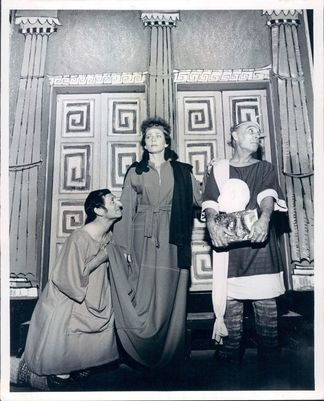
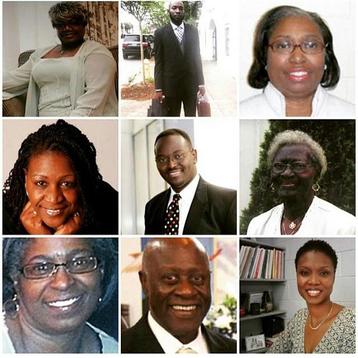
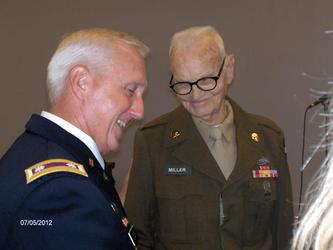
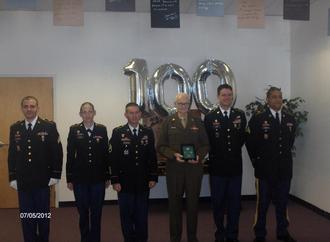

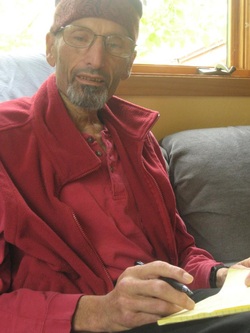
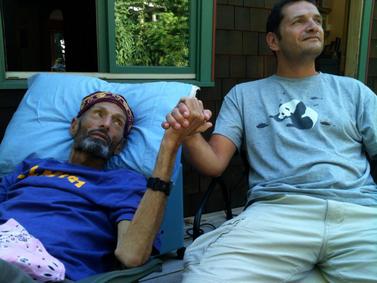
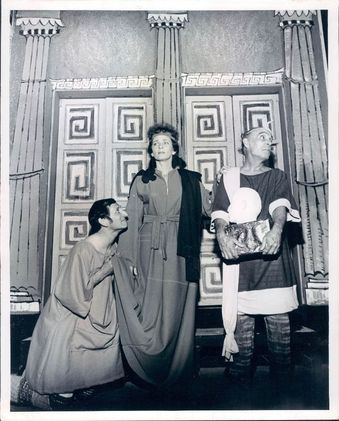
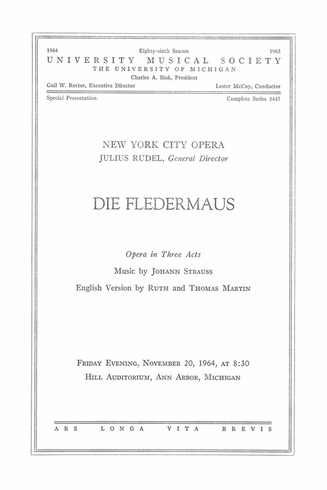
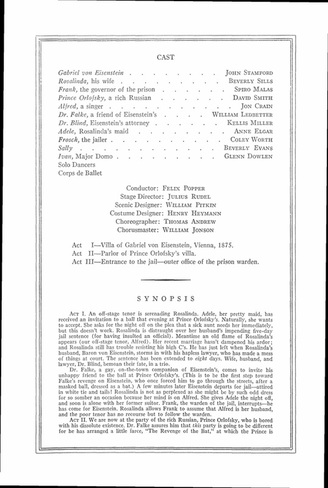
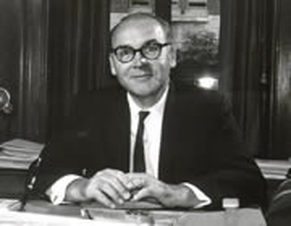
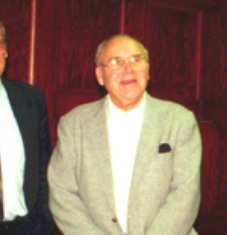
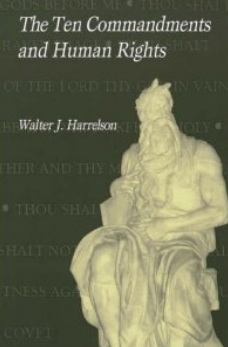
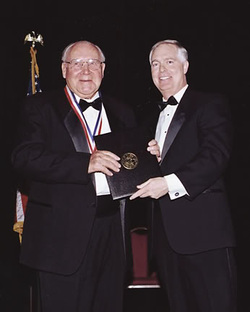
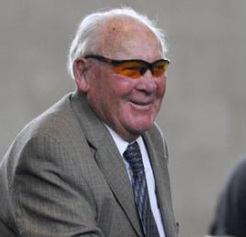
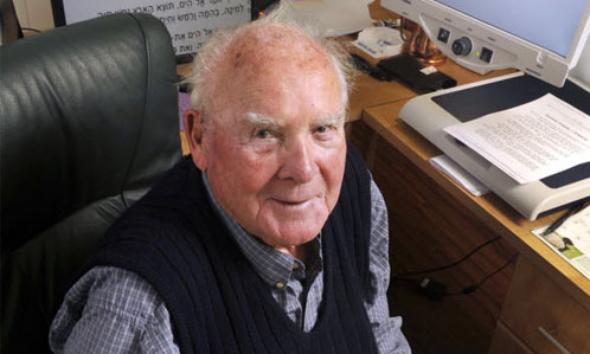
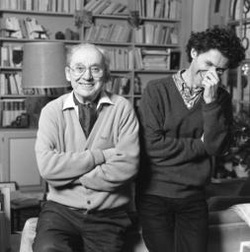

 RSS Feed
RSS Feed
